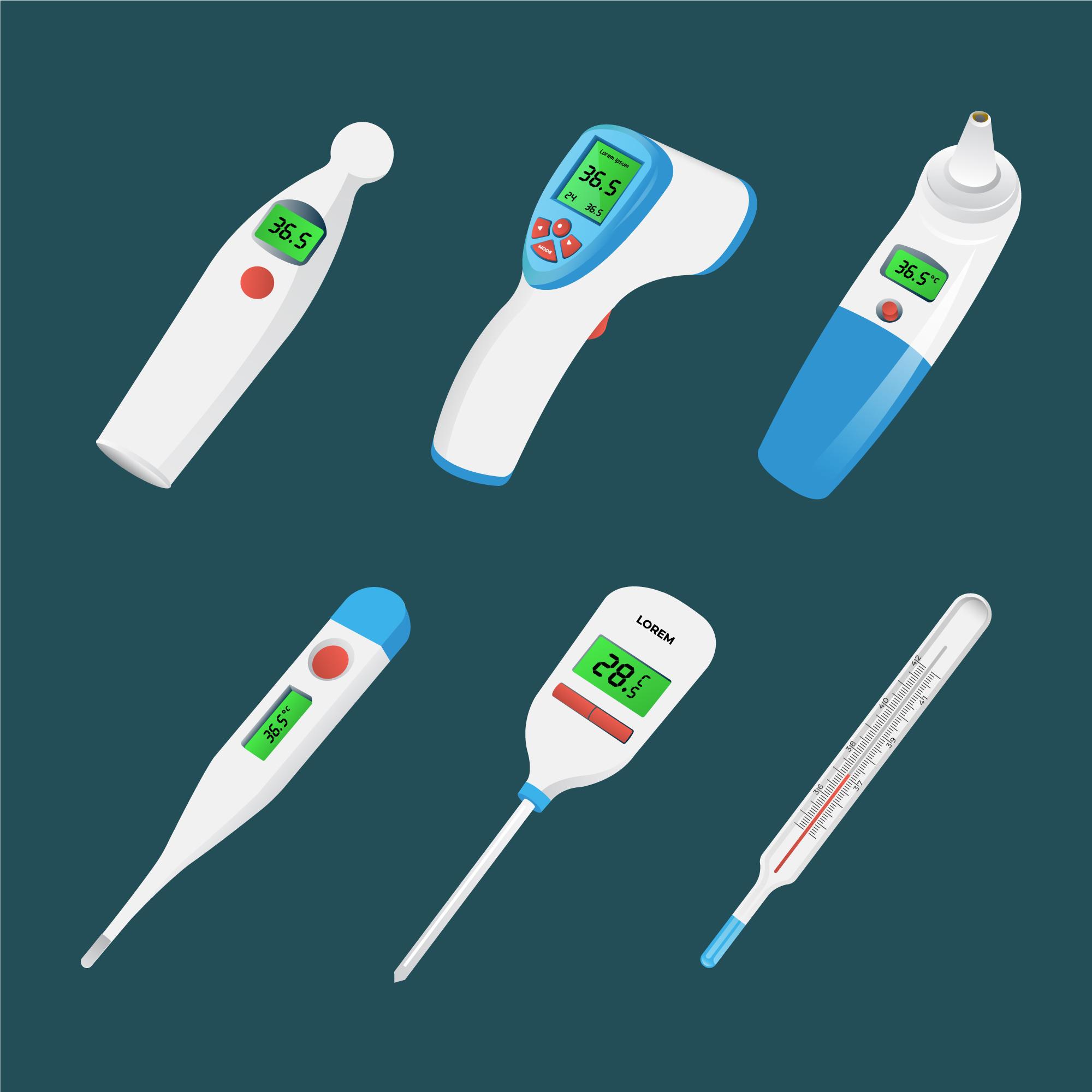Fever 99.1 or Temperature 99.1 : What it means, and should you be concerned?
A fever of 99.1 is a called low grade fever. This article highlights its causes, symptoms and whether you need to take action.
What is normal body temperature?
The normal human body temperature is usually set around 98.6 Fahrenheit or 37 degrees Celsius. There is a normal variation of around 0.5 degrees celsius throughout the day. This variation is due to changes in hormonal levels, sleep cycles and metabolic changes, and is considered normal. An increase in temperature beyond this is usually considered to be fever.Is 99.1 Fahrenheit body temperature called fever?
When our body temperature rises, it often indicates that our immune system is fighting off an infection or illness. One common concern is low grade fever, which falls within the range of 99.1°F. Fever is called Low Grade if it is between 37.3 to 38.0 C OR 99.1 to 100.4 F. The causes, symptoms and treatment of low grade fever differs from higher grades of fever. Based on this classification, 99.1 is at the lower end of what is classified as fever.What is 99.1°F in Celsius?
Fever or body temperature is quoted in Celsius or Fahrenheit in different parts of the world. To convert Fahrenheit to Celsius, you can use the formula: (°F - 32) × 5/9. Applying this formula, we find that 99.1°F is equivalent to approximately 37.3°C.What is the right way to measure fever or body temperature at home ?
Body temperature can be measured in a variety of ways, including oral (under tongue), axillary (in armpit), rectal or even by non-contact methods like Infrared forehead temperature measurement.
Oral Measurement
Placing the thermometer under the tongue and closing the mouth for the recommended duration ensures an accurate oral temperature reading. It is crucial not to consume hot or cold liquids immediately before measurement, as they may affect the reading. The normal oral temperature reading is 36.57 degrees C (97.83 degrees F)Axillary Measurement
This method involves placing the thermometer in the armpit and ensuring it is held in place securely. It is essential to keep the arm pressed against the body while waiting for the thermometer to record the temperature. The normal axiallary temperature measurement is 35.97 degrees C (96.75 degrees F)What are the causes of Fever 99.1 or Temperature 99.1
Fever of 99.1 has different causes in adults and children. The following table lists some of the causes| Causes of Low Grade Fever in Adults | Causes of Low Grade Fever in Children |
|---|---|
| Mild infections: Common respiratory infections, urinary tract infections, or sinus infections can lead to a low grade fever. | Viral infections: Common viral infections like colds, flu, or gastrointestinal infections can result in low grade fevers. |
| Inflammatory conditions: Conditions such as rheumatoid arthritis or inflammatory bowel disease can cause a persistent low grade fever. | Teething: The eruption of baby teeth can cause a slight increase in body temperature. |
| Medications: Some medications, such as antibiotics or anti-seizure drugs, can cause a slight increase in body temperature. | Immunizations: Some children may experience low grade fevers as a normal reaction to vaccines. |
| Hormonal changes: Hormonal imbalances, such as those experienced during the menstrual cycle, can result in low grade fevers. | External Ear infections: External Ear infections are a cause of low grade fever in young children. |
| Stress: Stress and anxiety can sometimes trigger a low grade fever due to the body's physiological response | |
| Amoebic Stomach Infections : Amoebic Stomach Infection is another cause of low grade fever. |
WHat are the symptoms accompanying a fever of 99.1
Along with a fever of 99.1°F, individuals may experience additional symptoms depending on the underlying cause. Common accompanying symptoms can include:- Fatigue: Feeling tired or lethargic.
- Headache: Mild to moderate headaches may occur.
- Body aches: Generalized discomfort or muscle aches.
- Sweating: Excessive perspiration, particularly during sleep.
- Mild respiratory symptoms: Runny or stuffy nose, mild cough.
- Mild gastrointestinal symptoms: Nausea, mild stomach discomfort, or loss of appetite.
- Mild sore throat: Scratchy or irritated throat.
How to manage a fever of 99.1 or body temperature 99.1?
A fever as low as 99.1 may not need management. That being said, sufficient fluids, rest and medications may be required on a case to case basis. Treatment of the underlying cause is most important. A doctor's advice is essential and should be taken even for fever as low as 99.1 before taking any other action. Regular monitoring of temperature is also essential, to maintain a temperature chart.References
The following articles were referenced while writing this article:El-Radhi AS. Fever management: Evidence vs current practice. World J Clin Pediatr. 2012 Dec 8;1(4):29-33. doi: 10.5409/wjcp.v1.i4.29. PMID: 25254165; PMCID: PMC4145646.
Walter EJ, Hanna-Jumma S, Carraretto M, Forni L. The pathophysiological basis and consequences of fever. Crit Care. 2016 Jul 14;20(1):200. doi: 10.1186/s13054-016-1375-5. PMID: 27411542; PMCID: PMC4944485.
https://www.ncbi.nlm.nih.gov/books/NBK562334/
Which lab tests can be done to investigate fever?
Our fever panel includes most lab tests necessary for the initial evaluation of a fever.Other tests that can be done include : HIV test, Tuberculosis testing and RA factor testing for autoimmune diseases.

 By: Dr.Bhargav Raut
By: Dr.Bhargav Raut